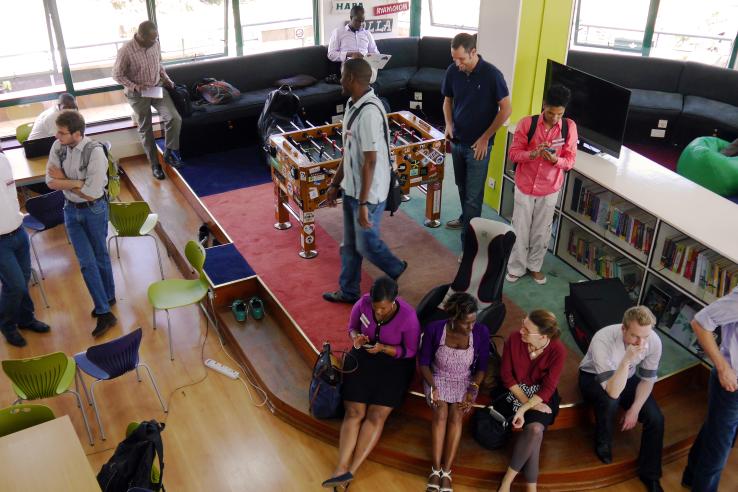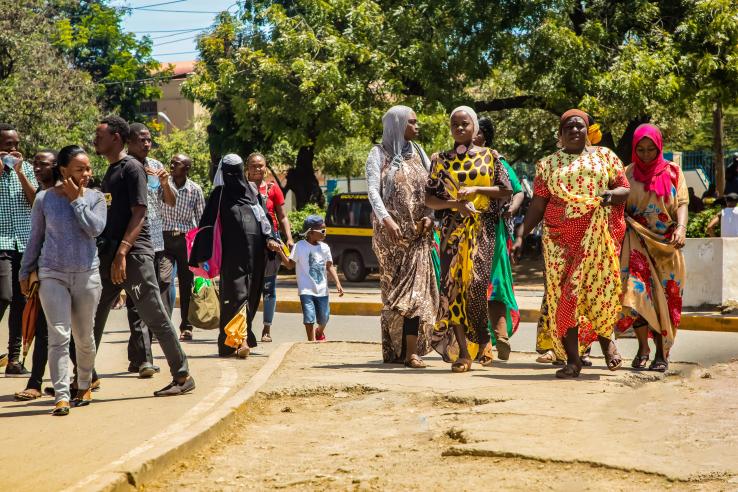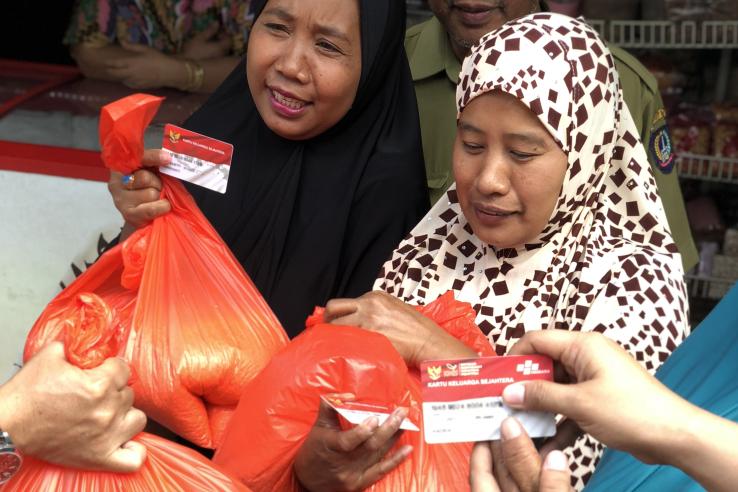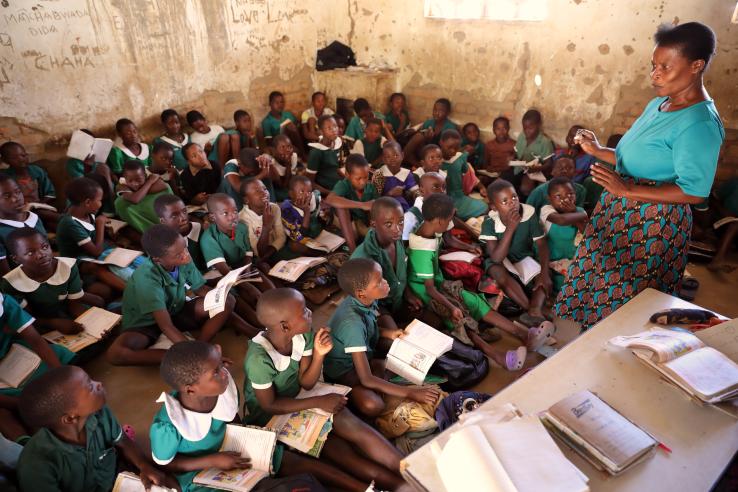Displaying 2296 - 2310 of 8491
Blog
Emerging evidence from randomized impact evaluations may provide insight to decision-makers on balancing the tension between industrial growth, energy use, and climate change mitigation—as well as increased connectivity and access for low- and middle-income communities.
Blog
In Indonesia, there has been growing interest from governments at all levels to adopt a broader culture of evidence- and data-driven policymaking to meet the needs of the country’s most marginalized constituents. However, bridging research and policymaking is often not a straightforward process.
Event
Rigorous research has shown that discriminatory practices are often embedded in the workplace. This webinar will address what strategies are effective at combating this type of bias.
Blog
The team behind the evaluation on health care hotspotting describes why they prioritized publishing replication data and lessons learned from the process.
Event
As part of the Morocco Employment Lab (MEL)’s research seminar series, Prof. Imran Rasul will present a recent study entitled “The search for good jobs: Evidence from a six-year field experiment in Uganda”. This study seeks to understand the origins of young people's job search behaviors in the...
Blog
J-PAL Africa recently concluded a five-part blog series providing evidence-informed perspectives on key debates in the fight against poverty in sub-Saharan Africa, highlighting lessons for policymakers.
Blog
Kristine West, the Director of Minnesota Center for Diversity in Economics, discusses the history and impact of the Center and future collaborations with J-PAL North America's Economics Transformation Project.
Blog
In part three of our BAE Incubator partner series, Vivian Wan, chief operating officer of Abode Services, discusses how the Incubator is enabling Abode to expand its impact by elevating the voices of their program participants.
Blog
As the world enters its third year with Covid-19, gender inequalities that existed before the pandemic continue to impact women around the world. Since its creation in 2020, the Gender and Economic Agency Initiative has been seeking to address gender inequalities related to women's labor force...
Blog
In the third part of an ongoing Staff Spotlight series, we showcase three J-PAL North America team members who have staffed our State and Local Innovation Initiative.
Update
J-PAL Updates
In our August 2022 Newsletter, we feature new policy insights on taxpayer compliance, a recap of a seminar held by the Morocco Employment Lab, and upcoming MicroMasters training.
Blog
In Indonesia, various efforts, such as digital financial education programs, expansion of QR code utilization to different types of merchants, and onboarding women-owned businesses to e-commerce platforms, have been and continue to be implemented to increase women’s adoption of digital financial...
Blog
Rigorous research has shown that discriminatory practices are often embedded in the workplace. Many organizations have been developing tools and strategies to counter this type of bias for their employees. But how can we know which strategies are the most effective at combating bias in employment...
Blog
Researchers and policymakers in education are still only beginning to measure the significant learning and socio-emotional skill losses that occurred during the global outbreak of the coronavirus. This post outlines some ideas from recent and established rigorous research for governments and schools...












